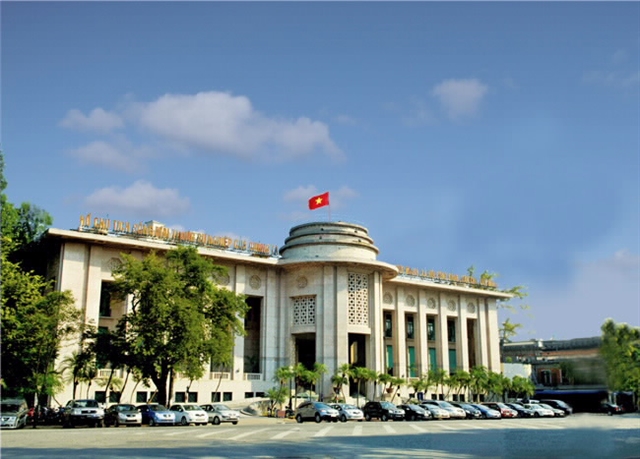 Society
Society


|
| A farmer from the moutainous district of A Lưới in Thừa Thiên-Huế Province harvests rice. Việt Nam’s labour productivity has grown in recent years to US$4,521 per worker in 2018, much higher than 2011’s figure of $2,450 per worker. — VNA/VNS Photo Hồ Cầu |
HÀ NỘI – Prime Minister Nguyễn Xuân Phúc launched the national labour productivity movement during a conference held in Hà Nội on Wednesday.
According to data released by the General Statistics Office (GSO), the labour productivity in Singapore, Malaysia, Thailand and Indonesia was 13.7, 5.3, 2.7 and 2.2 times higher than that of Việt Nam in 2018.
The mining sector recorded the highest labour productivity while agro-forestry-fisheries posted the lowest, at only 38.9 per cent of the whole economy.
The GSO attributed it to small economic size, outdated machinery, limited workforce quality and poor management of resources.
However, the PM said labour productivity remained low but has increased steadily over years.
In order to raise labour productivity, he outlined six major orientations, including refining socialist-oriented market economy mechanisms, improving State governance and national competitiveness, promoting shift of labour structure to quality services, reforming finance-banking, accelerating reform in the State and private sector, attracting foreign direct investment in priority fields, and integrating into the global economy.
Six tasks include refining mechanisms to effectively tap resources, improving the effectiveness of labour market in both supply and demand, attracting talents at home and abroad, enhancing education quality which should be considered the top national policy in the new situation while paying attention to investing in science-technology.
The Ministry of Planning and Investment was assigned to collect feedback at the event to devise laws to submit to the PM for consideration.
Concluding the event, the leader said improving labour productivity was an important task that needs involvement of the entire political system, business community, and contingent of scientists, researchers and managers.
Also at the conference, Minister of Planning and Investment Nguyễn Chí Dũng stressed the urgent significance of improving labour productivity in promoting growth, overcoming the middle-income trap, avoiding falling behind and narrowing the development gap with other countries.
He underlined the need to seek more comprehensive, prompt and effective solutions to the issue.
According to head of the General Statistics Office Nguyễn Bích Lâm, Việt Nam’s labour productivity has been enhanced over the years, reaching 7.08 per cent in 2018 to US$4,521 per worker, much higher than 2011’s figure of VNĐ55.2 million ($2,450) per worker.
He said that in 2018, the labour productivity of the Vietnamese economy expanded 6 per cent over 2017, with average growth in the 2016-18 period of 5.77 per cent, compared to an average of 4.35 per cent in the 2011-15 period.
In the 2011-18 period, labour productivity grew 4.88 per cent per year, he added.
Lâm pointed to reasons why labour productivity in Việt Nam was lower than that of many countries in the region and the world, including the small scale of the economy, slow labour structure shifting, out-of-date machinery, equipment and technology, and the limited quality of human resources.
He added that although the labour structure shifting in Việt Nam is fast, the number of labourers in agro-forestry-fisheries area was still high with low added value and low labour productivity.
Minister Dũng highlighted that defining factors impacting labour productivity was key to seek suitable measures to improve the speed of increasing labour productivity in the future.
At the event, participants also discussed measures at macro level to speed up economic restructuring and growth model renewal, along with developing human resources quality, among others. – VNS




